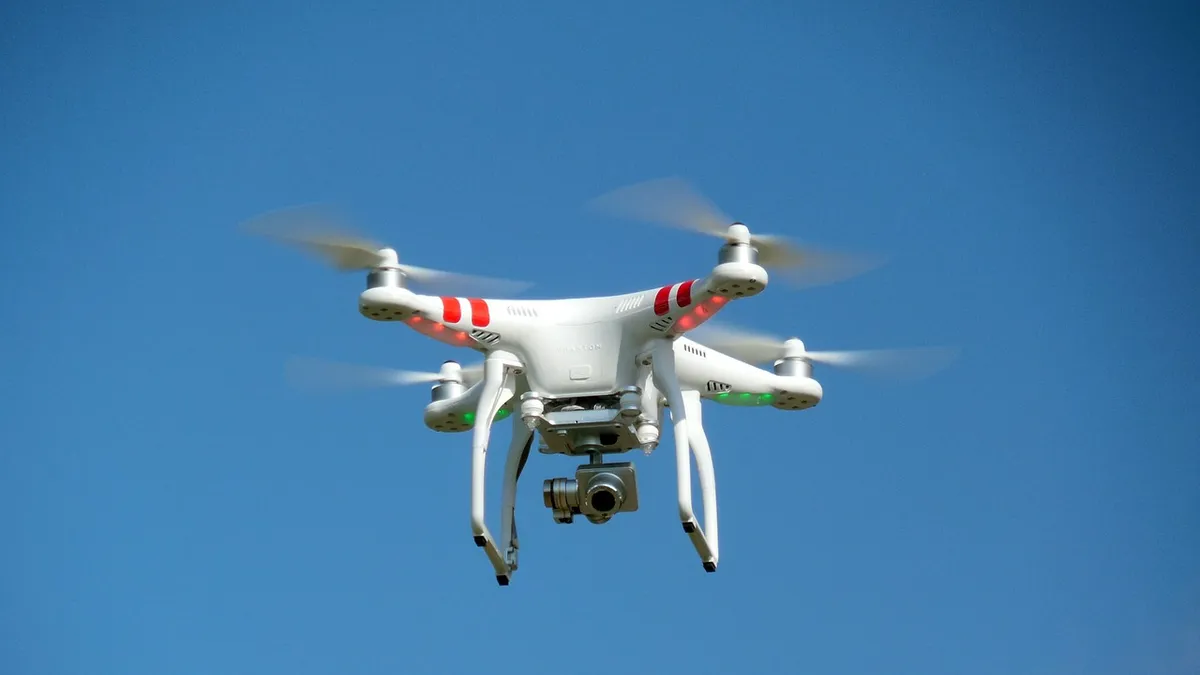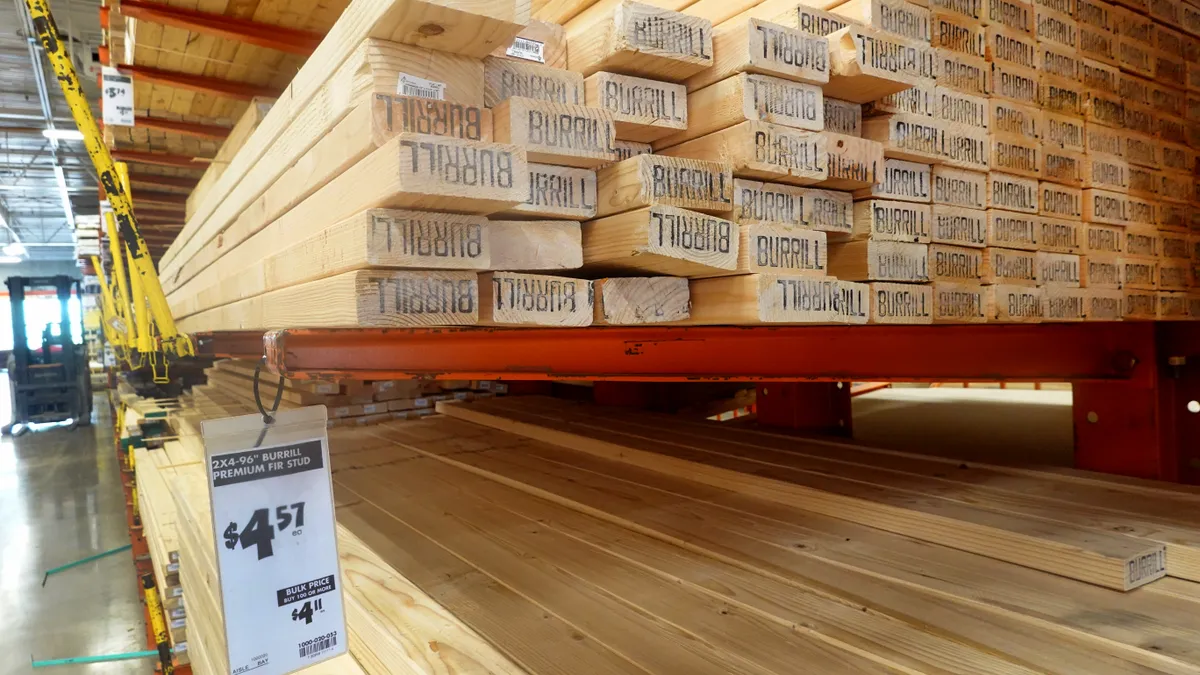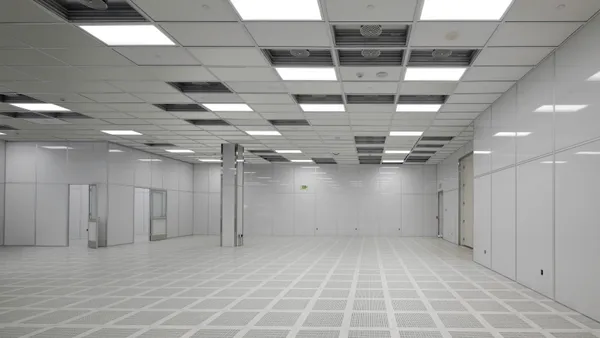Dive Brief:
- In its 2017-2027 Aerospace Forecast, the Federal Aviation Administration predicted that commercial drone use will reach 442,000 units by 2021 as a "base" estimate but could rise as high as 1.6 million in its "high" estimate.
- The FAA also reported that out of all industry segments, construction, industrial and utility inspection has a 26% share of current commercial drone uses, second only to aerial photography and tied with real estate.
- The FAA said that since it first introduced its commercial drone regulations last summer, 44,000 units have been registered, and the agency has issued more than 29,000 remote pilot certifications. The pass rate for the certification exam is 90%.
Dive Insight:
Prior to the FAA licensing drone operators, certified pilots were the only individuals authorized to operate commercial drones and companies needed to secure a exemption for any use, often making their use prohibitively expensive and cumbersome. The construction industry and drone service providers cheered the release of the new commercial drone rules, as they served as a significant step in opening up the market.
Other rules from the FAA's Part 107 include: a limitation on weight to less than 55 pounds, no flying at night or over people, minimum pilot age of 16 years, a height restriction of 400 feet and a speed limit of 100 miles per hour. Any of these restrictions, however, can be waived with permission from the FAA, and experts agree that the agency will most likely use that waiver process to inform how it crafts future versions of drone regulations.
Drones have taken off as a game-changing technology in the construction industry due to their ability to monitor construction sites, take photos, collect information, and then send that back to the project managers or design team.
Advocates of more expanded drone use have likely found an ally in President Donald Trump's new Secretary of Transportation Elaine Chao. According to those who worked with her when she was labor secretary under President George W. Bush, she has a reputation for not taking a hard line when it comes to regulations, so it is likely that the FAA will be amenable to waivers and that drone regulations will be expanded in the future.














